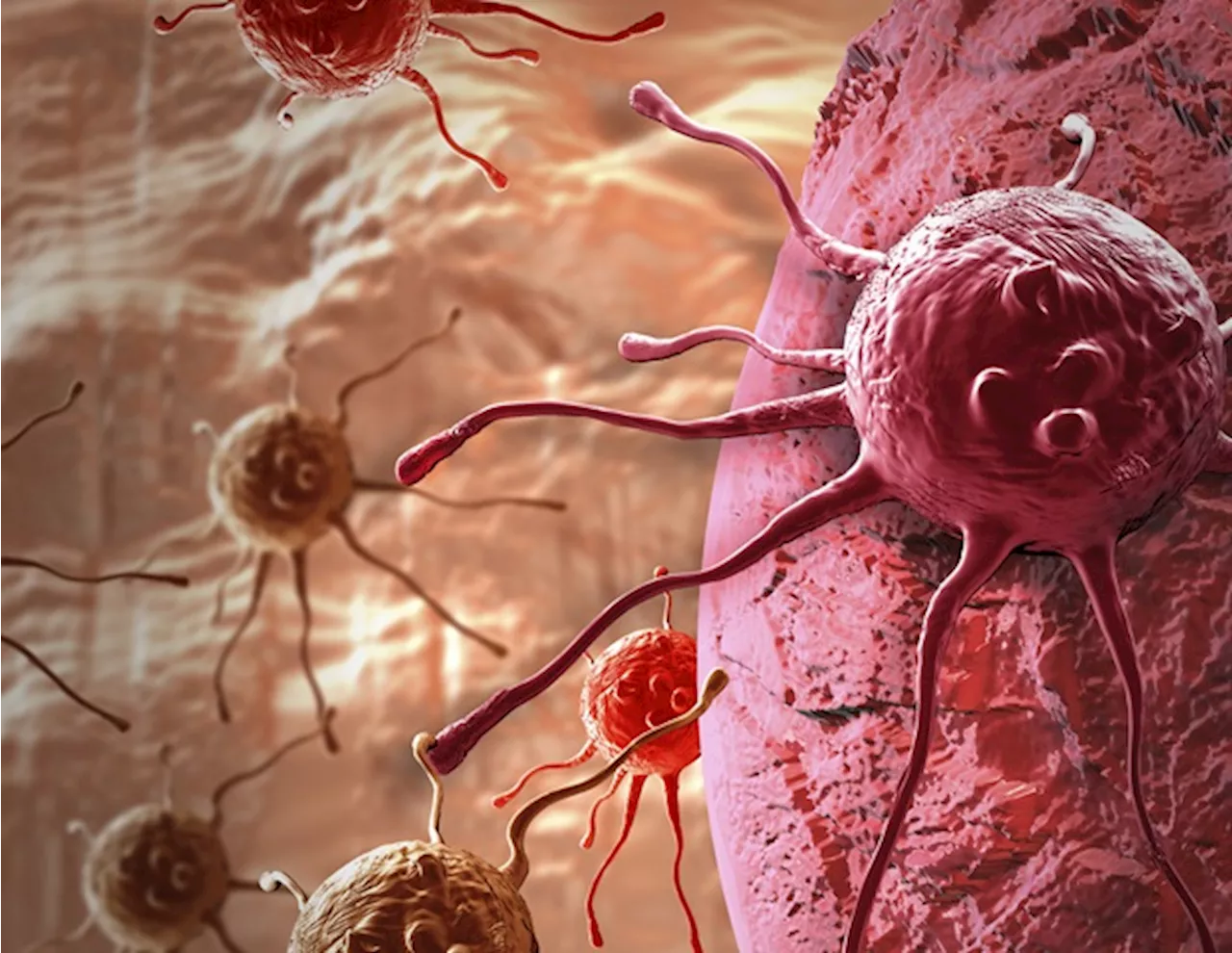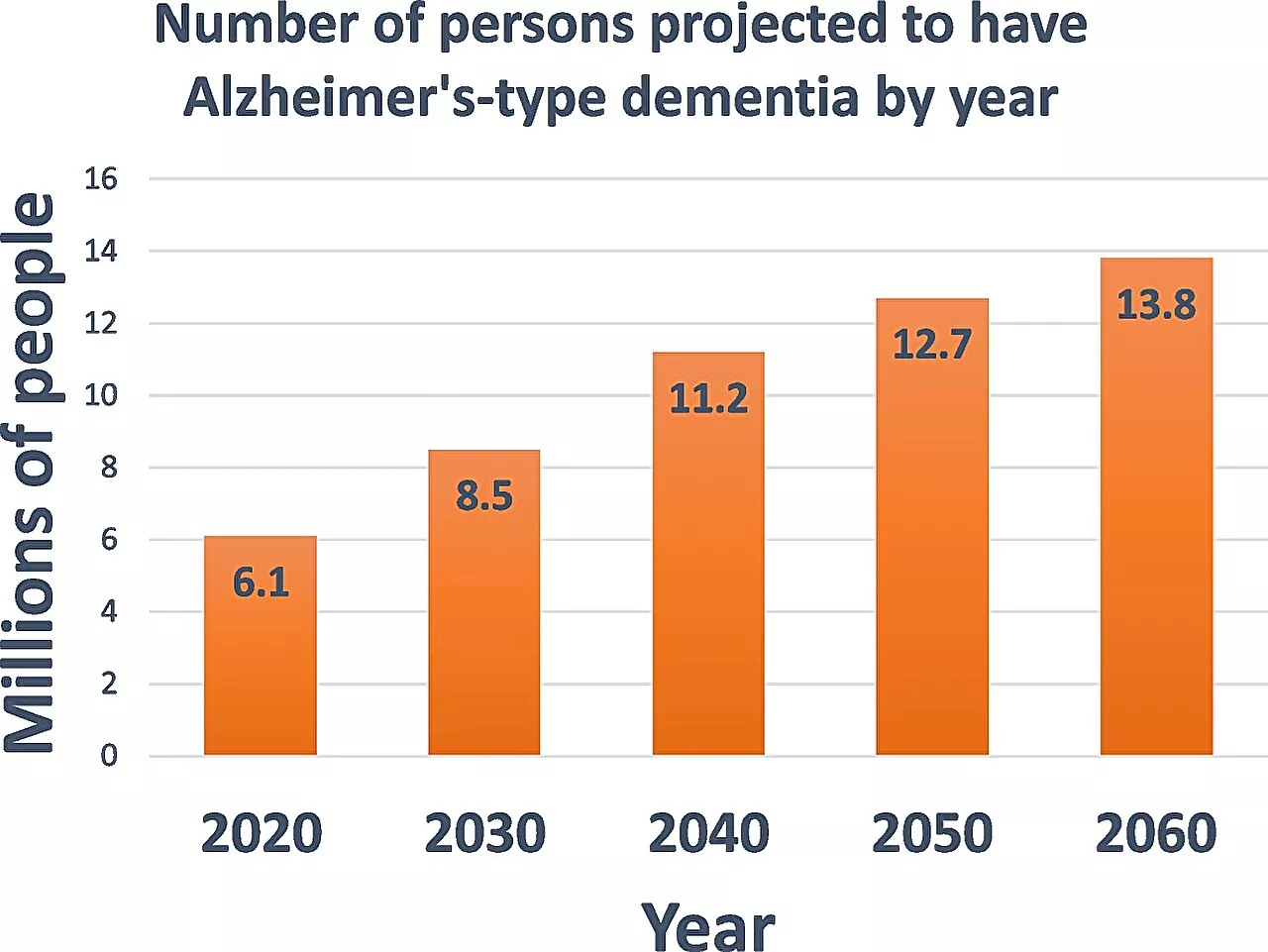Review highlights how gut dysbiosis and dietary factors are linked to rheumatoid arthritis, influencing disease progression and inflammation. Researchers explore how specific diets may help modulate the gut microbiome to improve symptoms.
By Dr. Chinta SidharthanReviewed by Benedette Cuffari, M.Sc.Sep 29 2024 Recent research explores how gut microbiome imbalances contribute to rheumatoid arthritis , and how dietary interventions could be key to reducing inflammation and improving patient outcomes.
What causes rheumatoid arthritis? Rheumatoid arthritis, which affects approximately 0.5% of the global population, is an autoimmune disease that causes inflammation in the joints of the body, especially in the hands and feet. As a result, rheumatoid arthritis can severely impact mobility, cause disability, and reduce the overall quality of life. This disease can also manifest in symptoms other than joint pain and swelling, causing nodules in the skin and lung disease.
Previous studies have reported that the diversity of the gut microbiome is reduced in patients with rheumatoid arthritis. Increased abundance of Prevotella copri, for example, has been associated with new-onset rheumatoid arthritis cases. Similarities between P. copri and the molecules in the joint tissues also cause molecular mimicry, which can cause the immune system to attack cells in the joint tissues.
Related StoriesThe association between rheumatoid arthritis and the gut microbiome is further supported by the finding that immune cells such as T helper type 17 cells, which play a crucial role in rheumatoid arthritis progression, are negatively correlated with the abundance of bacteria like Firmicutes. Changes in the gut microbiome also impact how patients respond to immunotherapy and other rheumatoid arthritis treatments.
In contrast, diets consisting of saturated fats and red meat can worsen rheumatoid arthritis symptoms, as both of these dietary components increase inflammation, whereas saturated fats have been shown to alter the gut microbiome.
Diet Dysbiosis Rheumatoid Arthritis Autoimmune Disease Bacteria Disability Fatty Acids Immune System Inflammation Joint Pain Lung Disease Meat Microbiome Nutrients Pain Saturated Fats Skin
United Kingdom Latest News, United Kingdom Headlines
Similar News:You can also read news stories similar to this one that we have collected from other news sources.
 Researchers propose ketogenic diet as a novel treatment for anorexia nervosaResearch identifies a neurobiological model supporting a ketogenic diet as a therapeutic approach for anorexia nervosa, addressing both metabolic and psychological factors.
Researchers propose ketogenic diet as a novel treatment for anorexia nervosaResearch identifies a neurobiological model supporting a ketogenic diet as a therapeutic approach for anorexia nervosa, addressing both metabolic and psychological factors.
Read more »
 Researchers propose ketogenic diet as a novel treatment for anorexia nervosaResearch identifies a neurobiological model supporting a ketogenic diet as a therapeutic approach for anorexia nervosa, addressing both metabolic and psychological factors.
Researchers propose ketogenic diet as a novel treatment for anorexia nervosaResearch identifies a neurobiological model supporting a ketogenic diet as a therapeutic approach for anorexia nervosa, addressing both metabolic and psychological factors.
Read more »
 Oxidative Stress And Gut-Brain Axis Identified As Key Contributors To ADHD DevelopmentA new review published in Nutrients explores the role of oxidative stress (OS) and the gut-brain axis (GBA) in the development of attention deficit hyperactivity disorder (ADHD). Researchers found that OS contributes to ADHD symptoms by disrupting central nervous system function and causing neuroinflammation. The review also highlights the influence of diet on microbiota, which can impact brain function and cognitive symptoms.
Oxidative Stress And Gut-Brain Axis Identified As Key Contributors To ADHD DevelopmentA new review published in Nutrients explores the role of oxidative stress (OS) and the gut-brain axis (GBA) in the development of attention deficit hyperactivity disorder (ADHD). Researchers found that OS contributes to ADHD symptoms by disrupting central nervous system function and causing neuroinflammation. The review also highlights the influence of diet on microbiota, which can impact brain function and cognitive symptoms.
Read more »
 Researchers discover how oral cancer cells may block the body's immune responseMacquarie University researchers have discovered new information about how oral cancer cells may block the body's immune response. This could lead to better treatments for this aggressive disease.
Researchers discover how oral cancer cells may block the body's immune responseMacquarie University researchers have discovered new information about how oral cancer cells may block the body's immune response. This could lead to better treatments for this aggressive disease.
Read more »
 How AI can help researchers make esophageal cancer less deadlyApproximately 600 times a day, the esophagus ferries whatever is in your mouth down to your stomach. It's usually a one-way route, but sometimes acid escapes the stomach and travels back up. That can damage the cells lining the esophagus, prompting them to grow back with genetic mistakes.
How AI can help researchers make esophageal cancer less deadlyApproximately 600 times a day, the esophagus ferries whatever is in your mouth down to your stomach. It's usually a one-way route, but sometimes acid escapes the stomach and travels back up. That can damage the cells lining the esophagus, prompting them to grow back with genetic mistakes.
Read more »
 Bridging gaps: Researchers apply cancer insights to advance Alzheimer's therapiesNew research suggests that understanding how cancer cells evade the immune system could hold the key to developing more effective treatments for Alzheimer's disease.
Bridging gaps: Researchers apply cancer insights to advance Alzheimer's therapiesNew research suggests that understanding how cancer cells evade the immune system could hold the key to developing more effective treatments for Alzheimer's disease.
Read more »
